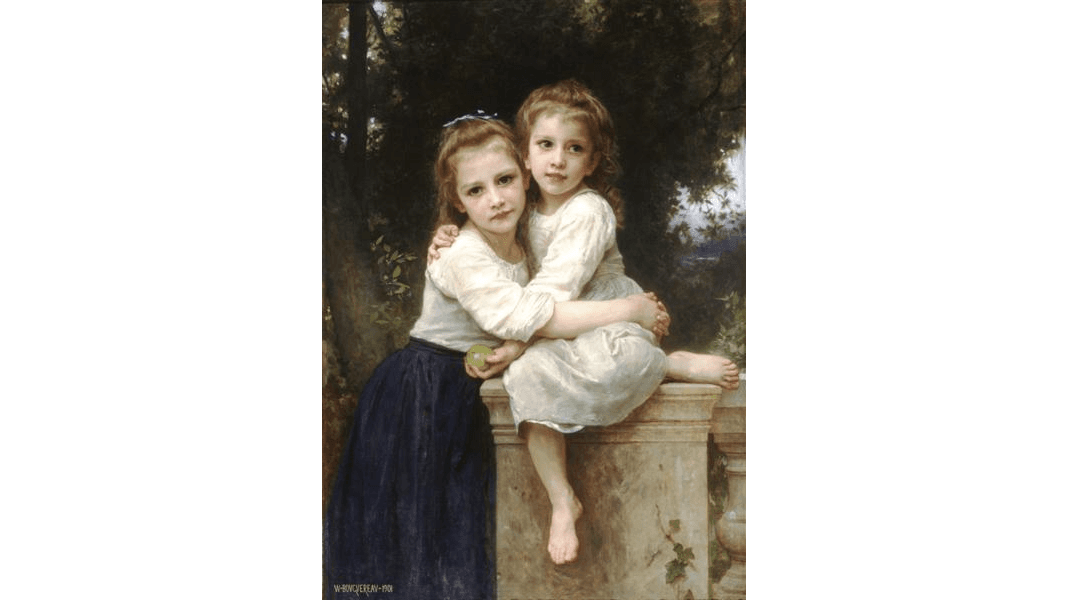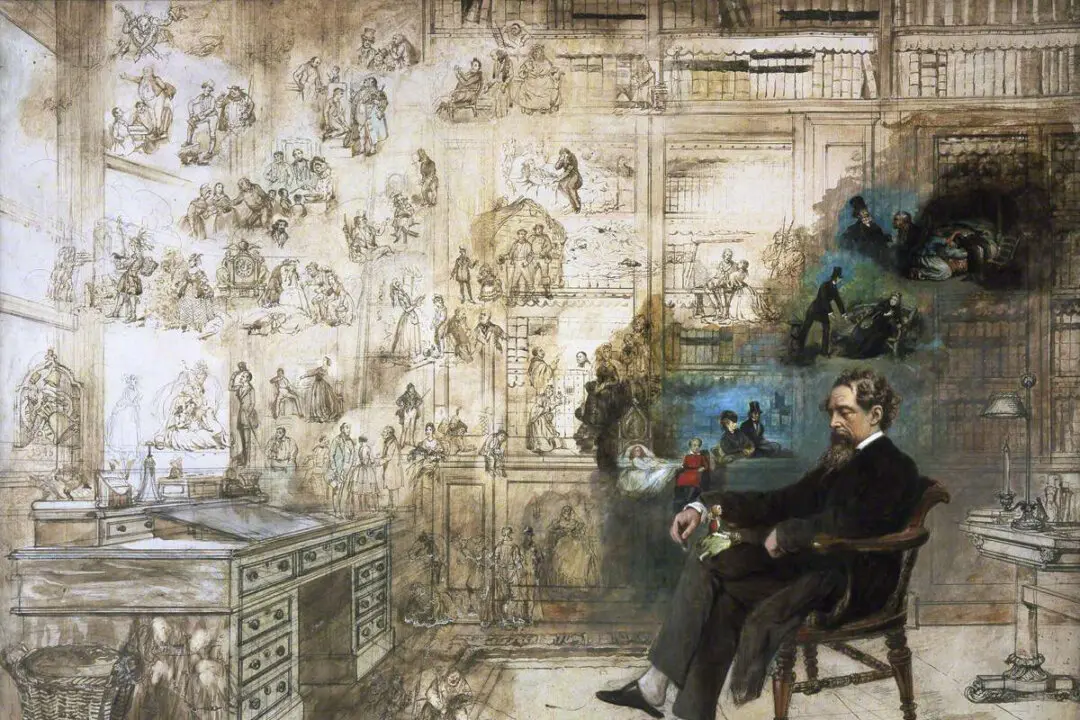In his short story “The Sister-Years,” Nathaniel Hawthorne contemplates the perennial exchange of one year for the next. He presents the conversation between two sister years as Old Year is replaced by New Year. While Old Year drags herself towards her last days, New Year steps into the world with light, joyful, and hopeful steps.
New Year’s Eve
It’s New Year’s Eve and the weary Old Year sets herself down on the steps of the new Salem, Massachusetts city hall. Upon sitting, she places a bandbox beside her and a folio book on her lap. The Old Year rests for a few moments, looking weary and “taking no very pleasant retrospect of her past existence.”While waiting for her time on earth to culminate, the Old Year sees a youthful girl with “a smiling cheerfulness.” Unlike Old Year’s weather-beaten and used clothing, the young maiden’s outfit is “rather too airy for the season, and [is] bedizened with fluttering ribbons and other vanities.”






